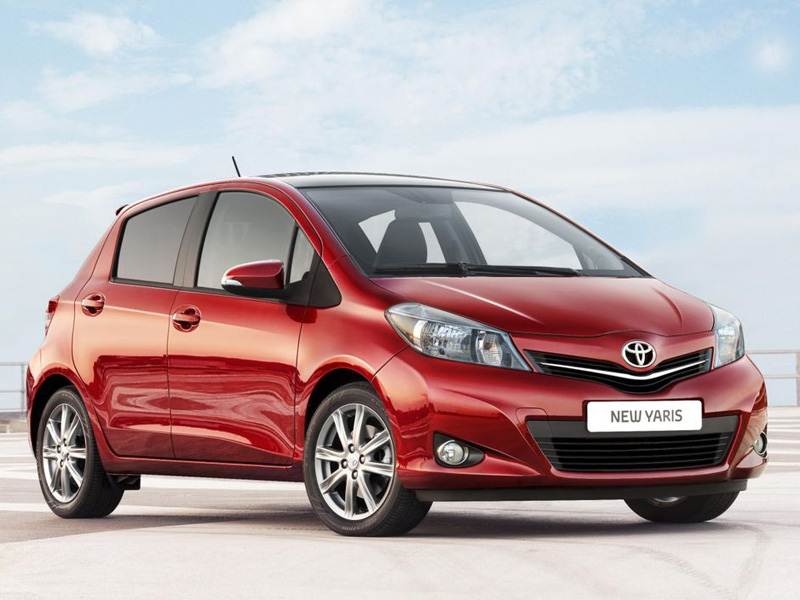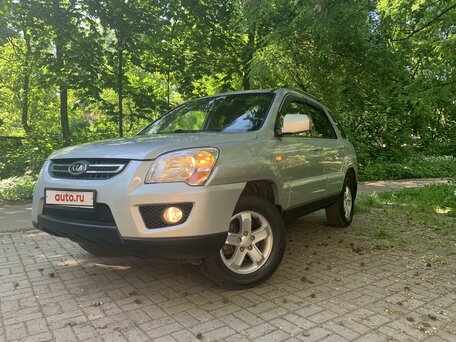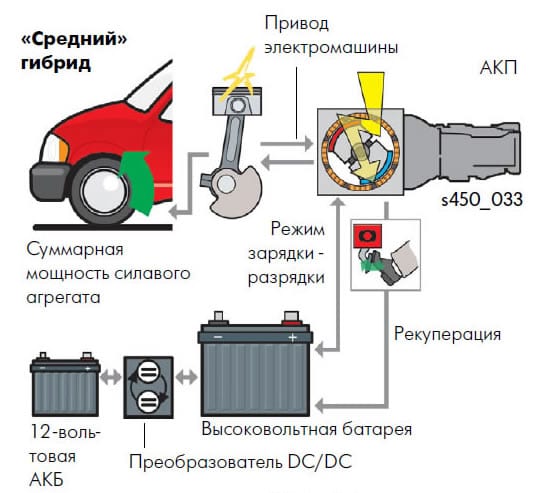
Used Toyota Yaris III - immortal baby
Content
20 years after the premiere of the Toyota Yaris, production of the third generation was completed. Over the years, the car has been extremely appreciated by users and to this day remains one of the tidbits of the A / B segment. The last generation especially - because of the very modified disks.
The third generation Yaris debuted in 2011. and stormed the market after the success of their predecessors. For the first time so angular and for the first time with a rather conservative interior (the clock is behind the wheel, not in the middle of the cockpit). Not so spacious, but even more refined.
With a length of less than 4 meters and a wheelbase of 251 cm, this is a 2 + 2 proposal that does not impress with a sense of space, as is the case with the Yaris II. On paper, however, it has a larger trunk - 285 liters. Adults will fit in the back, but there is more room for smaller passengers. On the other hand, the driving position has been better honed, although the Yaris is still a typical city car or for short distances. Although it must be admitted that the ride quality or performance will not disappoint.
Significant visual changes took place in 2014. Slightly less in 2017, but then the engine range was changed - the 1.5 petrol engine replaced the smaller 1.33 and the diesel was dropped. The production of the model ended in 2019.
User Reviews
The opinions of the 154 people who rate the Yaris III are relatively good, with a score of 4,25 out of 5 possible points, which is 7 percent. The result is better than the average for the segment. However, only 70 percent people will buy this model again. It gets the highest marks for space, chassis, and low failure rate. The lowest noise level and value for money. As for the pros, users list everything, but do not clearly indicate any specific drawback or disappointment. Interestingly, the diesel engine has the highest score, while the hybrid has the lowest!
See: Toyota Yaris III user reviews.
Crashes and problems
Yaris users can be divided into two very different groups: fleets and individuals. In the latter case, cars are usually used for short distances or as a second vehicle in a family. As a rule, they are well maintained and there are no typical ailments, except for faulty mixture sensors.
Fleet operators are a completely different group. The base 1.0 VVT engine is often used, but Yarisa 1.33 and hybrids are also available. In this case, some sloppiness or overuse can be expected, resulting in uneven engine performance caused by carbon deposits (especially 1.33) or worn accessories (diesel), or a worn clutch (1.0).
Medium strength suspensionbut it mostly applies to rubber components. After a longer run, the wheel bearings "start to feel" and the rear brake calipers often have to be regenerated during maintenance.
Which engine should you choose?
It is the least problematic, the safest and optimal in terms of dynamics and economy. petrol version 2017 presented only in 1.5 year 111 hp Due to the vintage and the fact that it was rarely selected for fleets, prices are quite high. There are also many imported copies. There is also a version with a stepless automatic.
Pretty much any Yaris engine will do. Base unit 1.0 with 69 or 72 hp. fits perfectly into the city and on average consumes no more than 6 l / 100 km. More powerful version 99 hp 1,3 liter capacity gives significantly better performance and is better suited for longer trips (optionally paired with a continuously variable automatic). Dynamics is better than the hybrid version due to the manual transmission.
The hybrid, on the other hand, does not raise serious concerns in terms of durability or cost.but you need to be patient with the gearbox and use the engine properly to feel a real reduction in fuel consumption. With less fuel consumption of 0,5-1,0 liters, the purchase of this version does not have a particularly large economic justification. On the other hand, the engine itself is extremely successful, and a production car can be an advantage for many.
The leader in the field of efficiency and dynamics is diesel 1.4 D-4D. 90 hp It gives the highest torque, hence the best acceleration, and burns as much as a hybrid without caressing the gas pedal. Of course, this comes at the cost of potentially higher repair costs, especially for an aftertreatment system with a stock DPF filter.
All engines, without exception, have a very strong timing chain.
See Toyota Yaris III burning reports.
Which Toyota Yaris to buy?
In my opinion, when buying a Yaris, you should aim a little higher and look for a 1.5 version with mechanics or also 1.5, but hybrids, with a gun. The usual 1.5 plus automatic is not a very good combination due to the durability of the box and the way power is delivered. The hybrid has more torque than lower rpm. Diesel is the best option for the track or dynamic driving. If you need a cheaper vehicle to drive through the battle, less versatile, then even the base 1.0 will suffice, and the 1.3 version is the golden mean.
My opinion
Toyota Yaris is a reliable car for people who value peace above all else. The diesel engine offers the least peace of mind, but is also the most economical and most enjoyable to drive. Only under this engine (or hybrid) is it worth considering a small Toyota.

